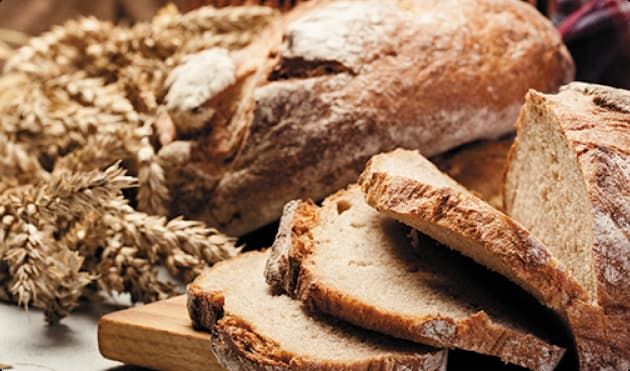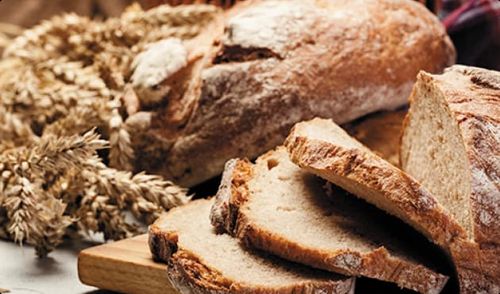A heart-healthy diet includes foods that are high in fibre
A healthy adult needs 21 to 38 grams of fibre a day, but the average daily Canadian intake is about 14 grams. Good sources of fibre are fruit and vegetables, and whole-grain products such as bread, wild and brown rice and oatmeal.
There are two kinds of fibre: soluble and insoluble. Soluble fibre may help lower cholesterol and control blood sugar. The best sources are oatmeal and oat bran; legumes such as dried beans, peas and lentils; and pectin-rich foods such as apples, strawberries and citrus fruit.
When shopping, check food product labels for 100% whole grain or 100% whole wheat with the germ at the beginning of the ingredient list, and check the fibre content in the Nutrition Facts table. Products with 2 grams of fibre or more are a healthy choice.









